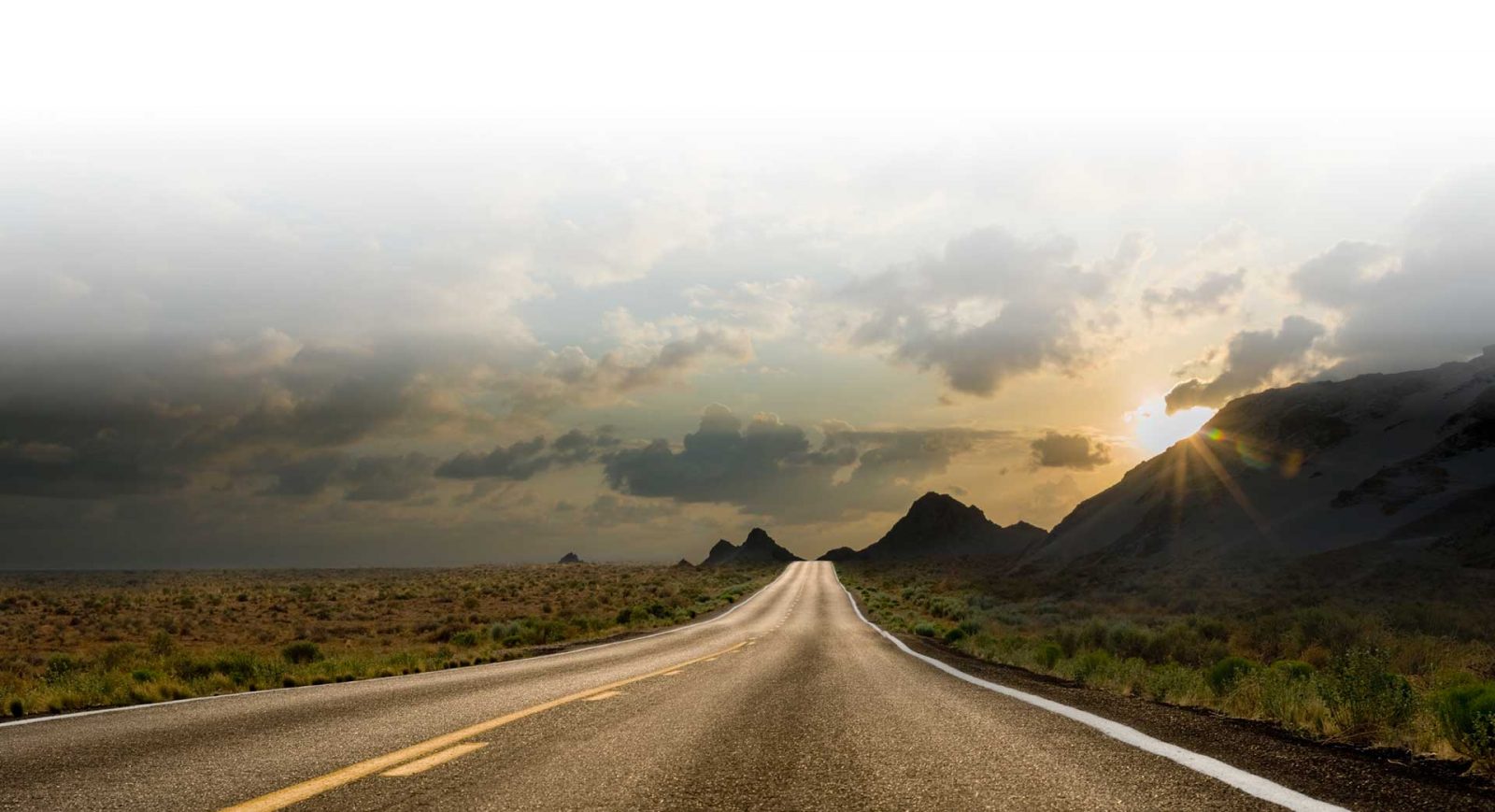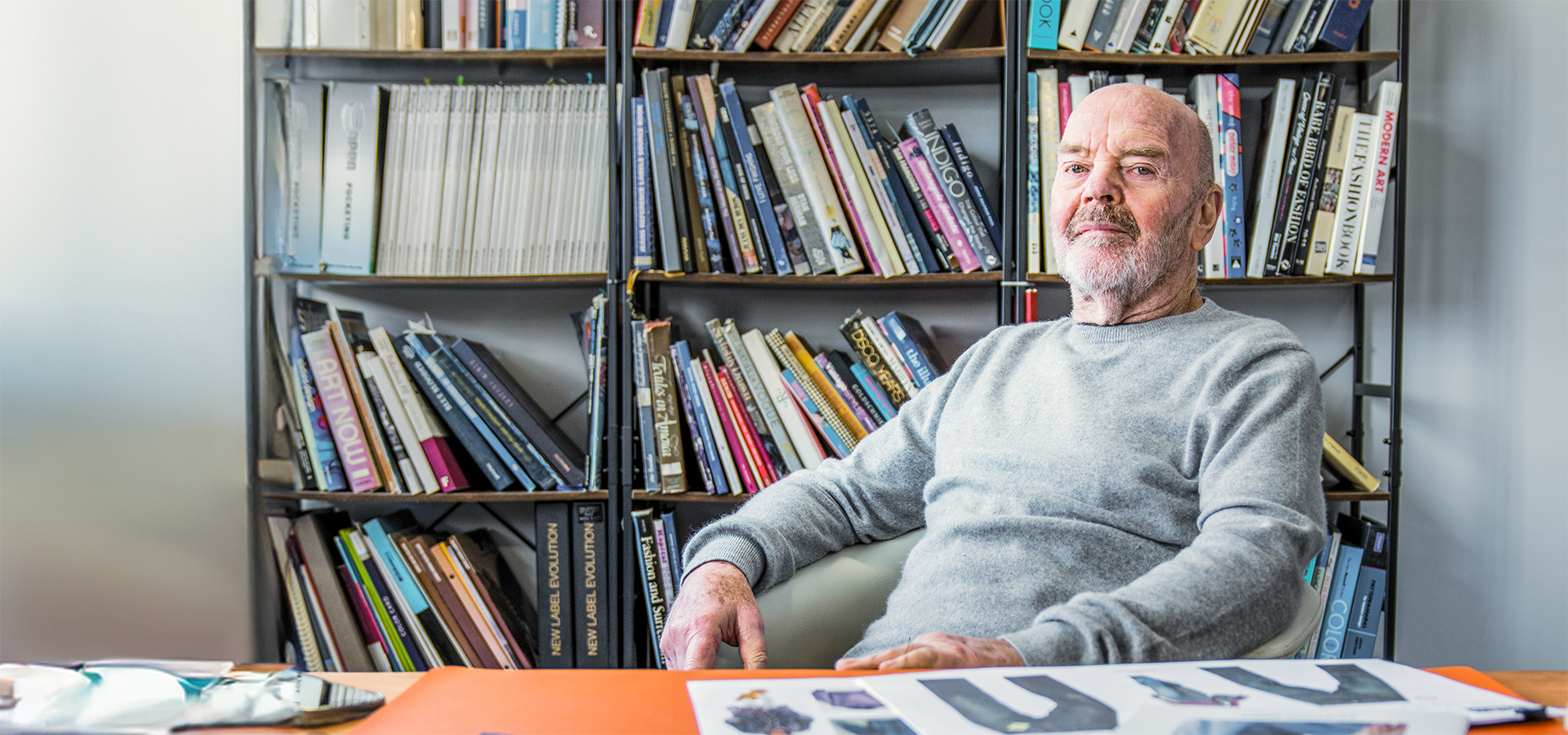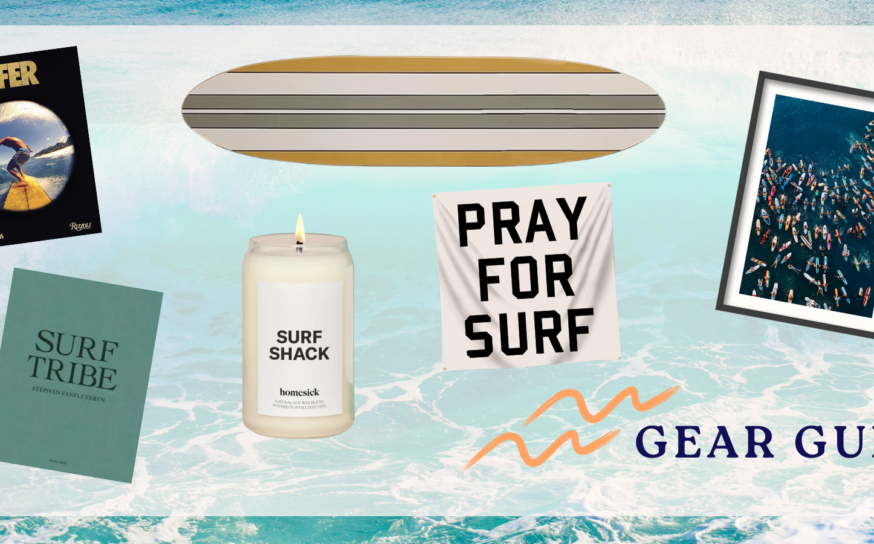Why Designer Adriano Goldschmied is Known as the Godfather of Denim
Slip on your AG’s.
-
CategoryMakers + Entrepreneurs
-
Written byRobert Earle Howells
-
Photographed byShane O’Donnell
I’m old enough to remember when jeans were jeans. Meaning, jeans were Levi’s 501s. Deeply indigo, stiff as a board. But oh, what service they gave over a lifetime of washing and fading, growing softer and more supple, and more and more an object of deep affection.
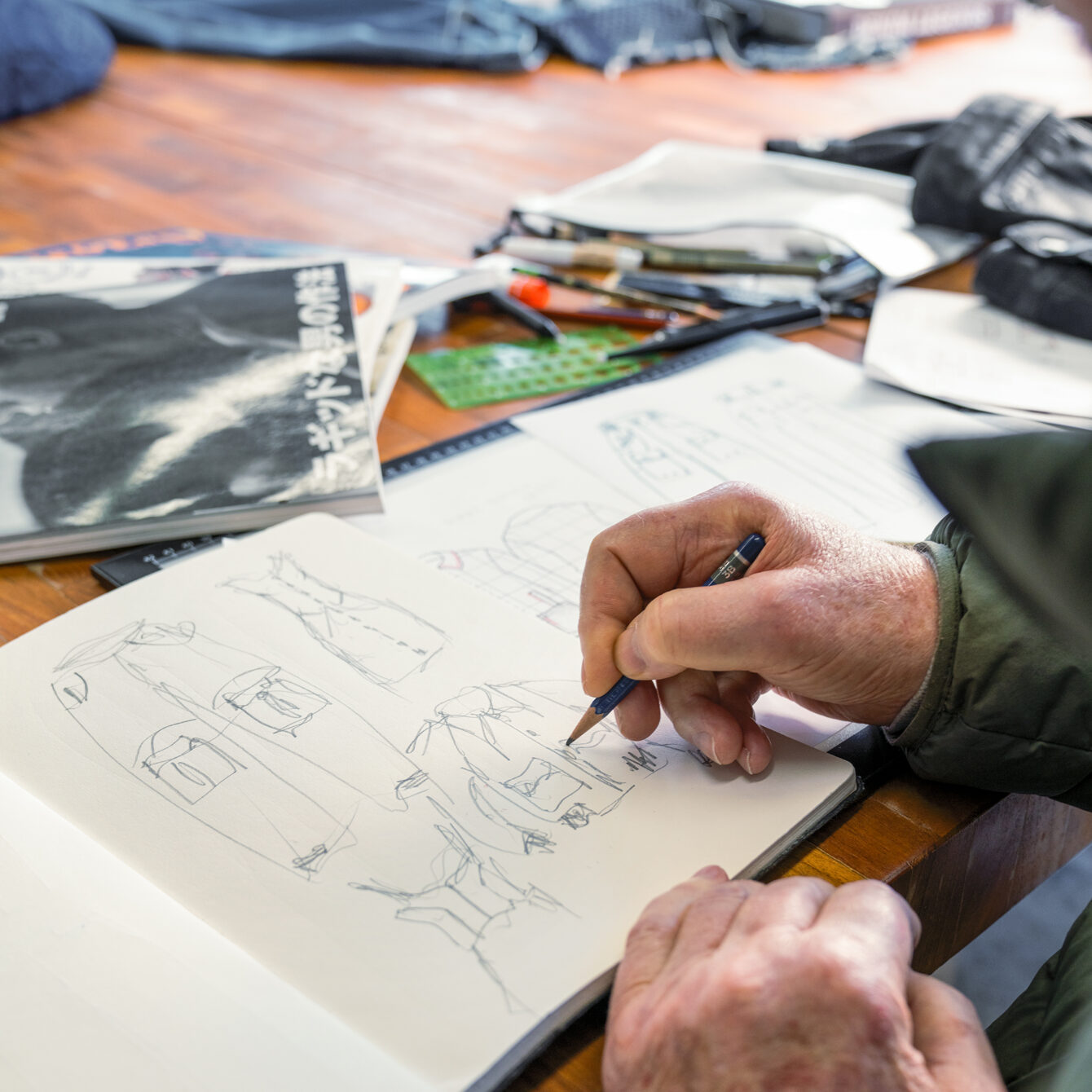
We loved them, wore them everywhere. We were rebels without a cause, unless that cause was keeping our jeans alive forever.
All that was before the Godfather of Denim came along. That would be Adriano Goldschmied, the man you can thank for the transcendence of jeans from workaday or teen-rebel wear to designer status—as lovable as our old 501s, but with fashion flair and eye-popping prices.
Adriano, who is 80, has had a thing for jeans since he was a lad in postwar Trieste, Italy, where he admired the Levi’s worn by occupying American and British soldiers in their off-duty hours. “After that first exposure to denim, it was love for life,” he recalls. But his first foray into fashion was sparked by his admiration for the swinging London music scene of the early ’70s and the “mod” designs of Mary Quant.
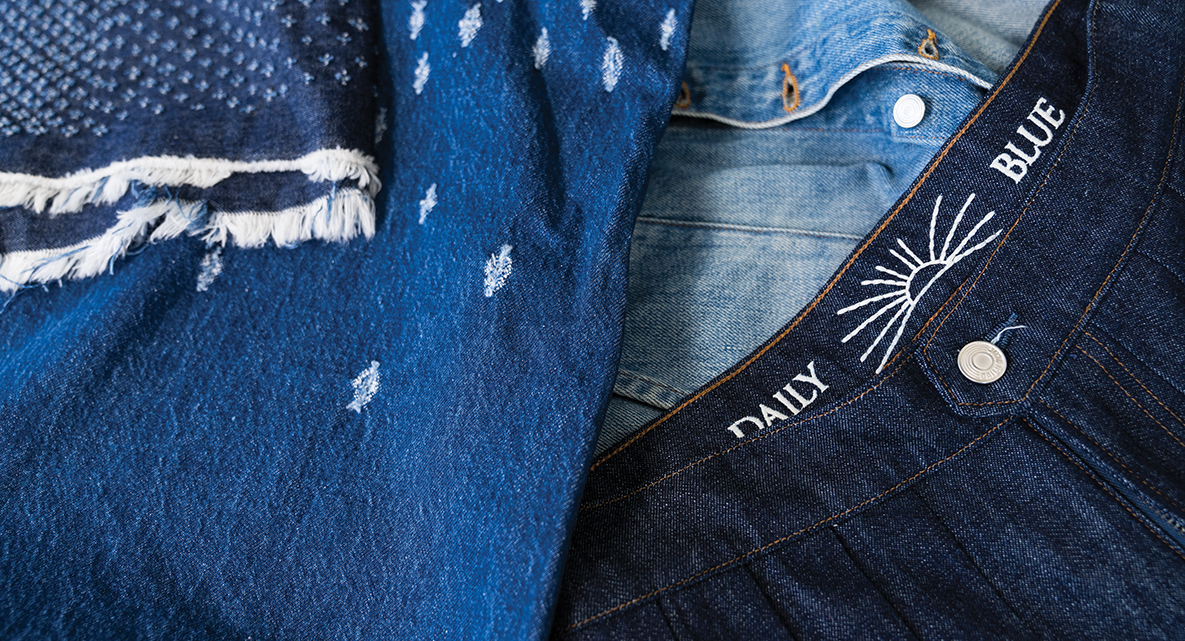
Adriano launched his first denim brand, Daily Blue, in 1974—arguably the world’s first designer jeans. And the world’s first expensive jeans. At a time when Levi’s were selling for about $16, Daily Blue was offering $120 jeans. “I was for sure one of the first to bring denim into a different life. Back then it was mainly working people. We changed the approach. We took denim from $5 to $1,000. Today on the runway there’s not a single collection that doesn’t include denim.”
“I didn’t go to design school. My school was street markets, music, concerts. My inspiration was social life.”
The success of Daily Blue prompted Adriano to form the Genious Group in 1981, something of a think tank for denim, where he guided a team of young, creative designers and founded brands such as Diesel and Replay.
During this period, Adriano befriended the legendary editor of Vogue Italia, Franca Sozzani, who became a mentor and inspiration. “Franca was so creative, so much vision for the future. She’s the one teaching me: When somebody tells you to do something, do exactly the opposite. You have to fly all the time out of the box.” It was Franca Sozzani who dubbed Adriano “the Godfather of Denim.”
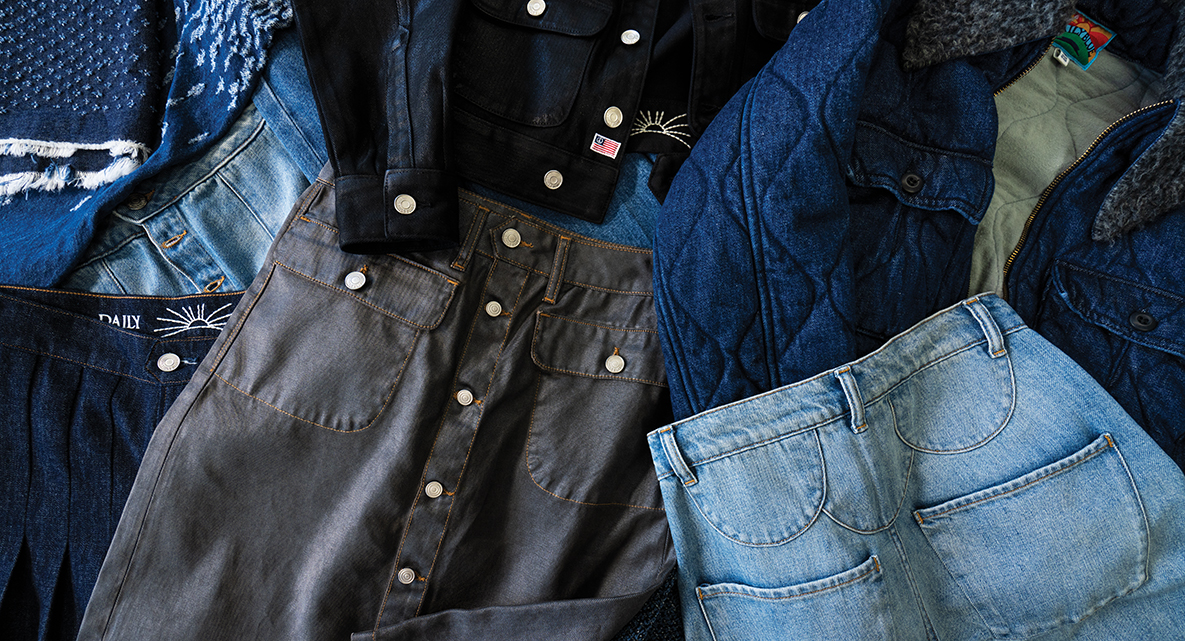
An example of flying out of the box was his next brand, AGOLDE Jeans, whose message was sustainability and whose denim was made of Tencel rather than cotton—foreshadowing Adriano’s current passion for bringing environmentally responsible practices to the denim industry. That was 1992. Two years later, he launched AG Jeans, his best-known venture, still a wildly successful brand, and one that epitomizes the concept of designer—and expensive—jeans.
Did the success of AG Jeans surprise him? “Not at all,” he says. “I had a clear vision at the time of what was going to happen.” The vision was born of a sense that consumers were becoming more sophisticated and would be willing to pay more for quality jeans. “We created a better product for better consumers who understand why it is more expensive. I’m very proud of establishing the quality design concept, and proud that AG is still doing well (he sold his share in the company in 2004) and that the product is still similar.”
Adriano is renowned in the denim industry not only as a designer, but as an expert in finishes, washes, and accessories. He pioneered the stonewashed, pre-faded look. “It was a gigantic innovation. We created a new industry—but it wasn’t a clean industry. All the washings, all the chemicals. When we realized, my God, we’re destroying the planet, we knew we had to fix it.”
At the same time, America was beckoning. He had spent time in the U.S. working with the Gap to design and bring to market the popular 1969 jean. In 2000, he decided to uproot his family and business and settle here permanently. “It was very easy to move here,” he recalls. “It was like a soccer player going to compete in the first division.” He decided on Los Angeles because he was friends with Ron Herman, who ran the Fred Segal shop on Melrose. LA was also exactly the right place for man who relishes creativity. “As a designer, I can go to Starbucks in Silver Lake and design a whole collection just from watching people on the street.”
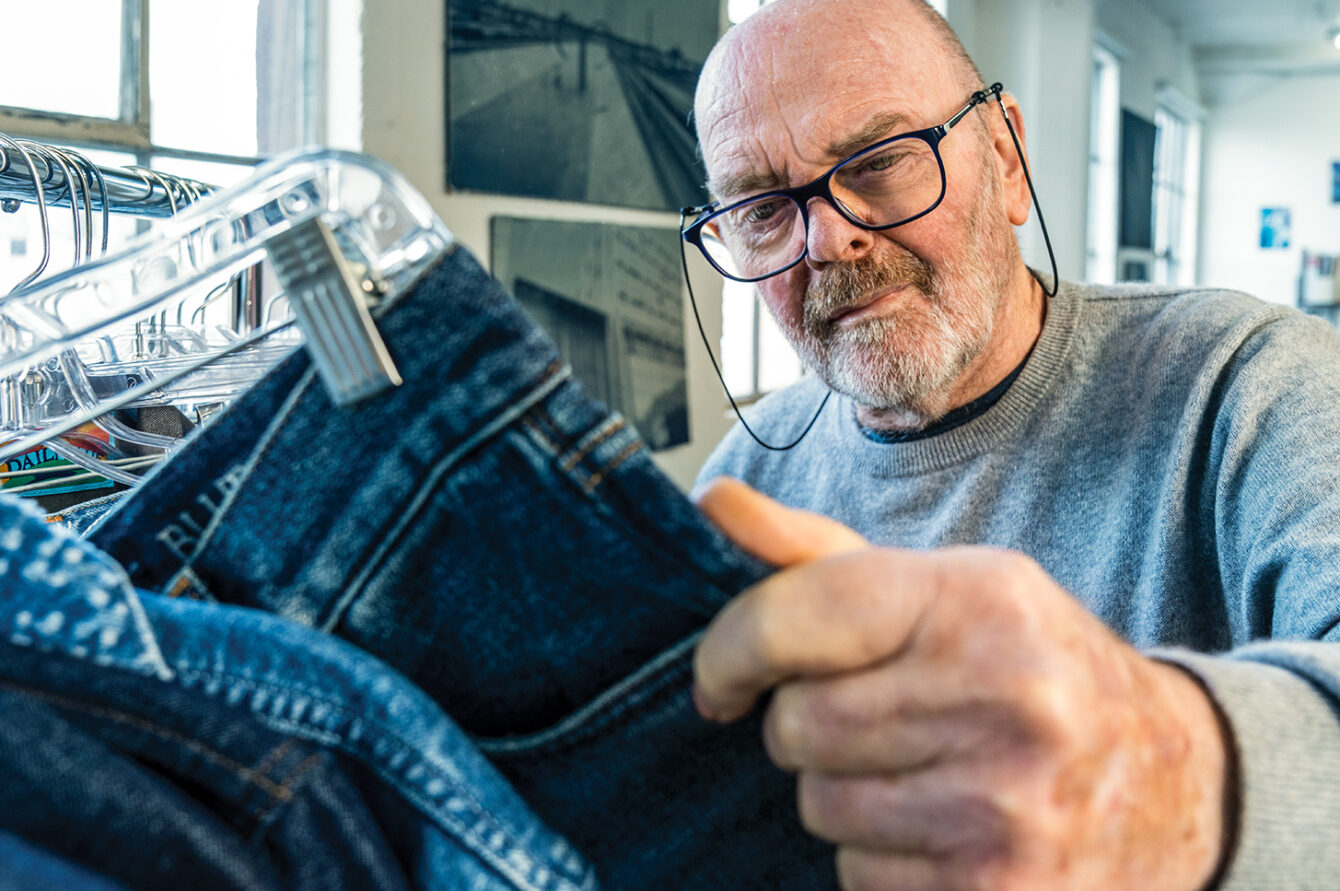
Adriano has not only launched numerous denim brands; he’s had a powerful impact on most others. “He’s incredibly creative,” says Jonathan Greenberg, president of two LA-based denim brands—KUT From the Kloth and Edyson. “A lot of people in our industry follow what happens. He pioneers. He starts it. He’s always on the cutting edge.”
It’s natural to wonder if such a creative spirit ever feels hemmed in by so much focus on denim. “Not at all,” Adriano says. “There’s so much aesthetic flexibility.” It’s also clear that he reveres denim for the same reasons we all love our favorite jeans. “You love the fit, the color, the wash, the material, the functionality.”
After a half century in denim, Adriano remains busy and passionately dedicated, not only to designing jeans for the made-in-LA Daily Blue brand he recently revived, but also to raising the environmental standards of the denim industry. For example, he designed a jean for Chloé to be 100% biodegradable (think wood buttons and thread in place of rivets). He regards Daily Blue as “a research brand.” He scrutinizes every component for sustainability and sources fabric made by socially responsible manufacturers who utilize organic and recycled fibers.
Of course, creating products that last is one key to sustainability. “Yes, I’m a fashion animal, but mainly let me design something that lasts years and years. I don’t buy anything. I have T-shirts for 20 years. I have maybe five pairs of jeans.” He is, of course, wearing jeans, so I ask what brand they are, guessing perhaps AG. “No, they’re Levi’s,” answers the Godfather of Denim, a man who has launched dozens of brands of jeans. “I’ve been wearing Levi’s all my life.”
A California Surfer’s Guide to Surf Shack Decor
Transform your space into the ultimate surf shack with these vibey picks
San Diego’s New Turbine Farm Has Some Heads Spinning
Generating enough electricity to supply power to the equivalent of 40,000 homes, the Tule Wind Farm isn’t popular with everyone due to the potential impact on local wildlife.
“Weed Do”—LA Just Hosted Its First Cannabis Wedding Expo
A nice day for a weed wedding.
Get the Latest Stories
